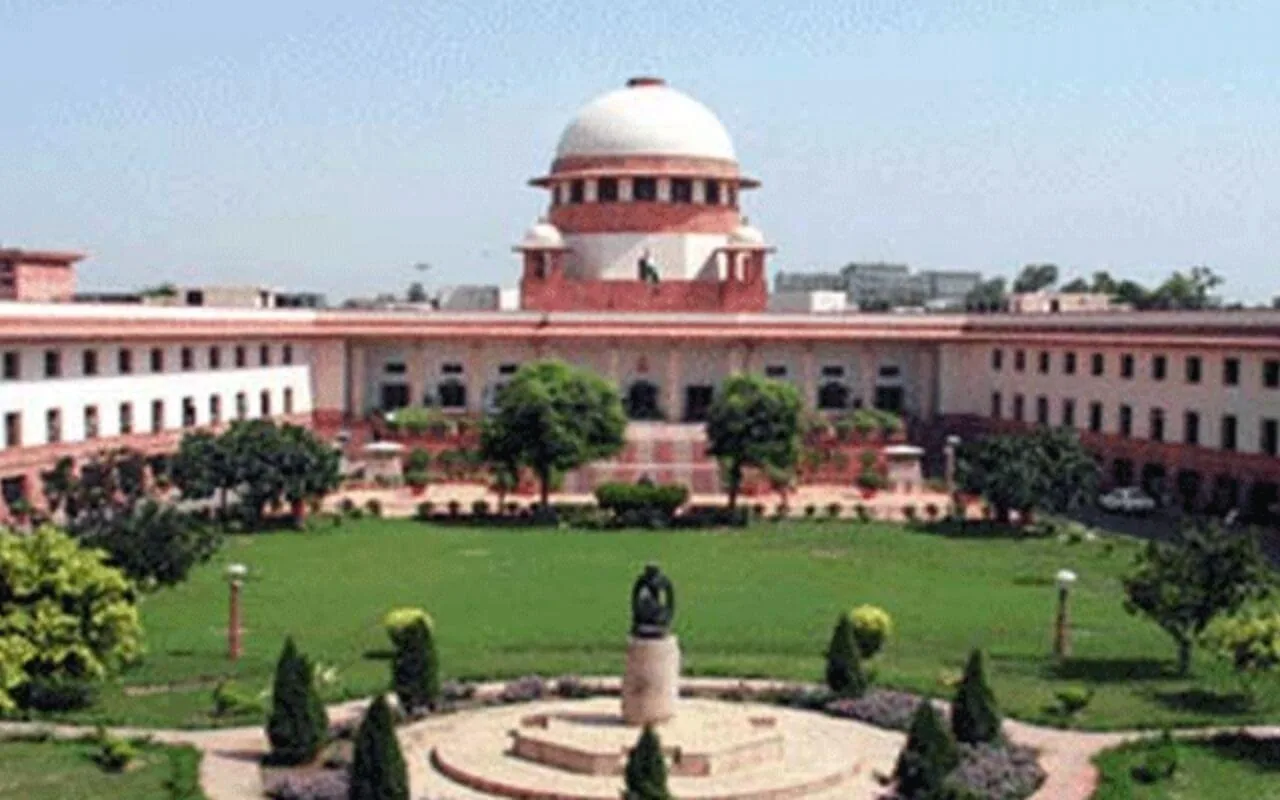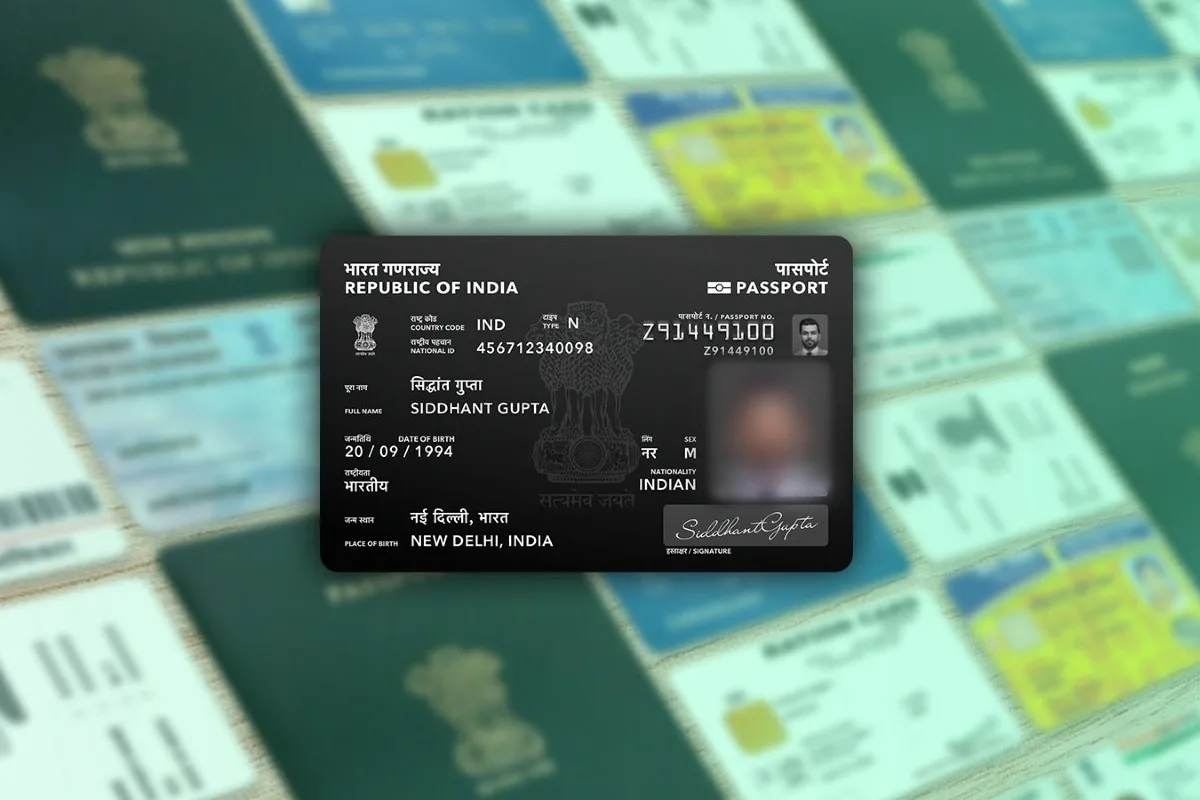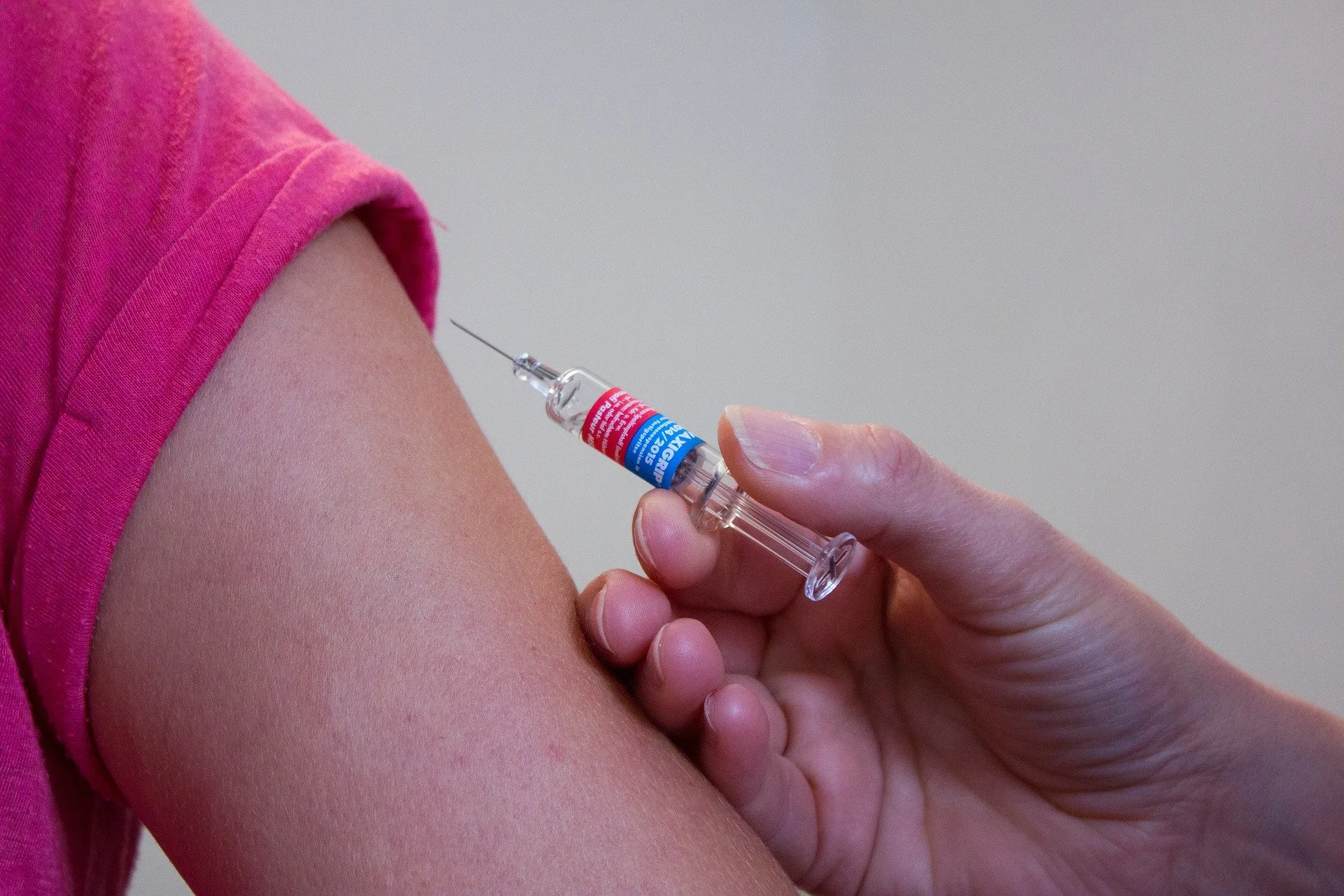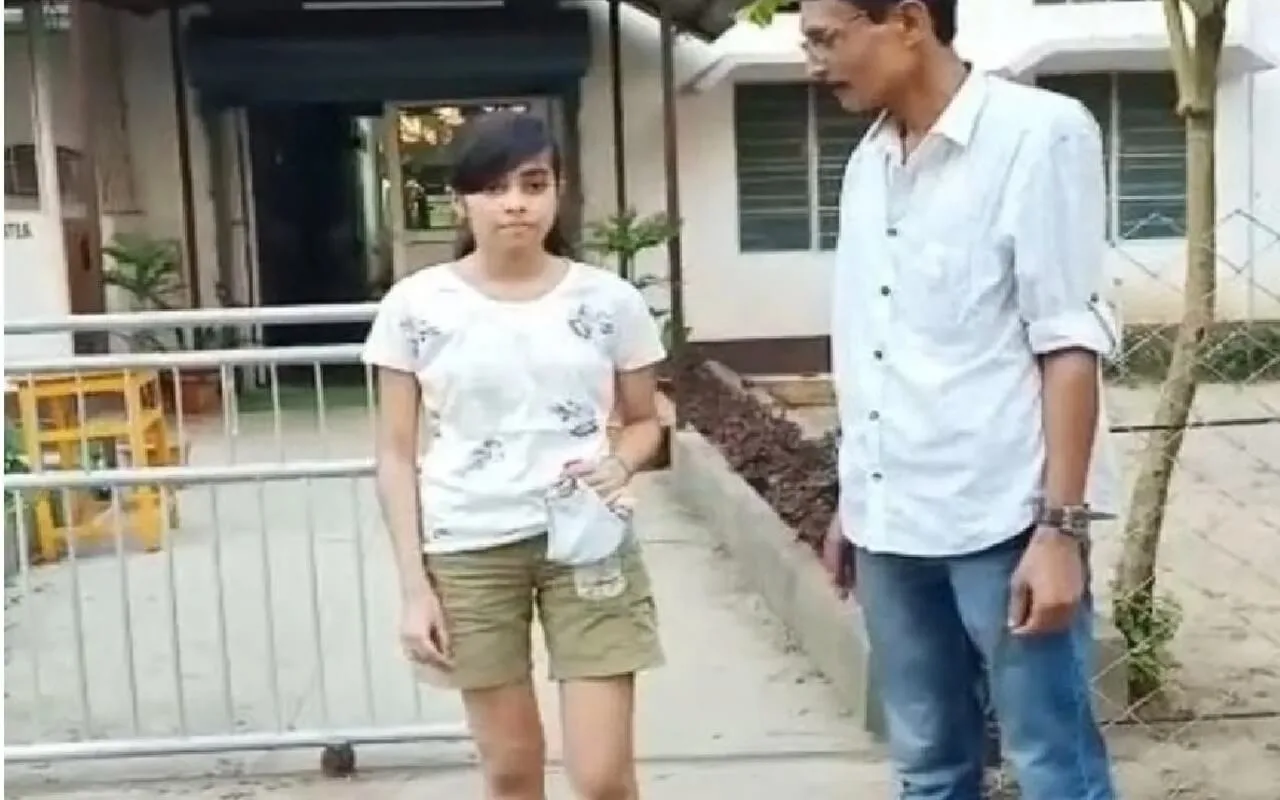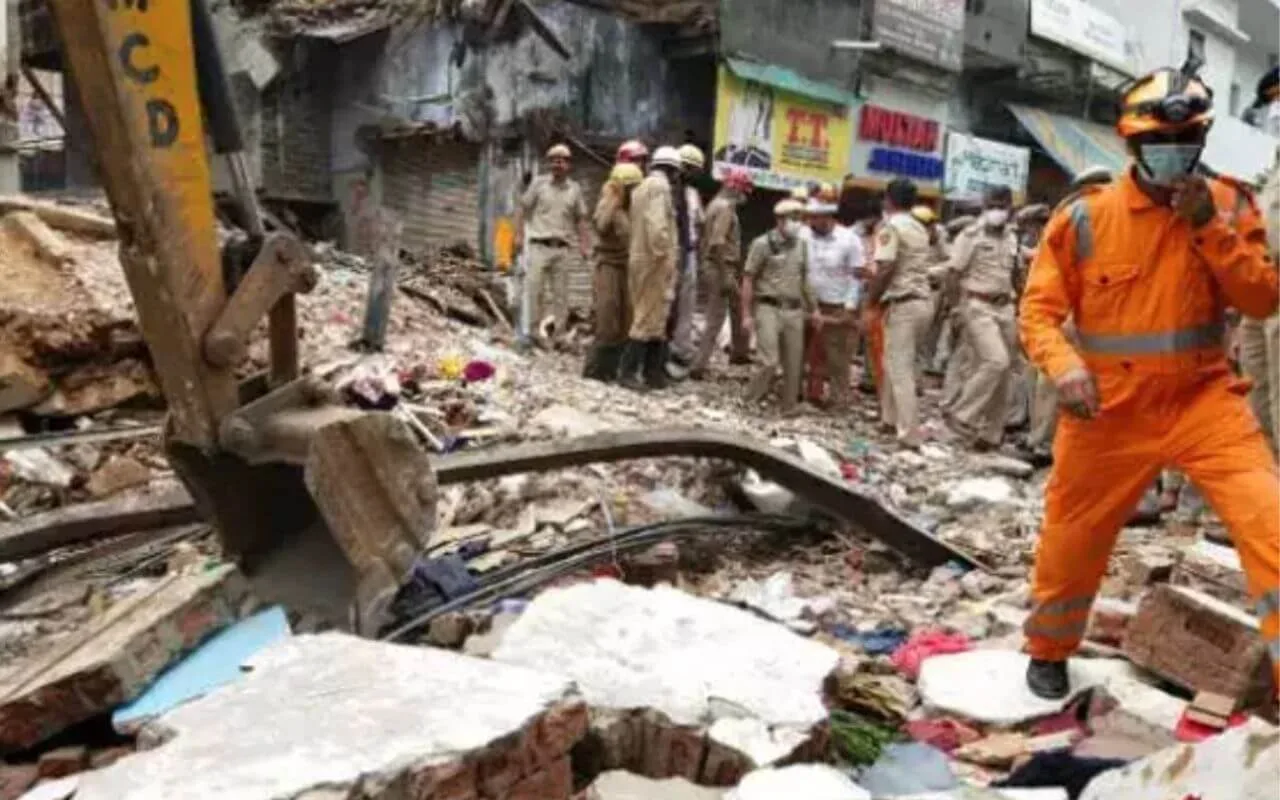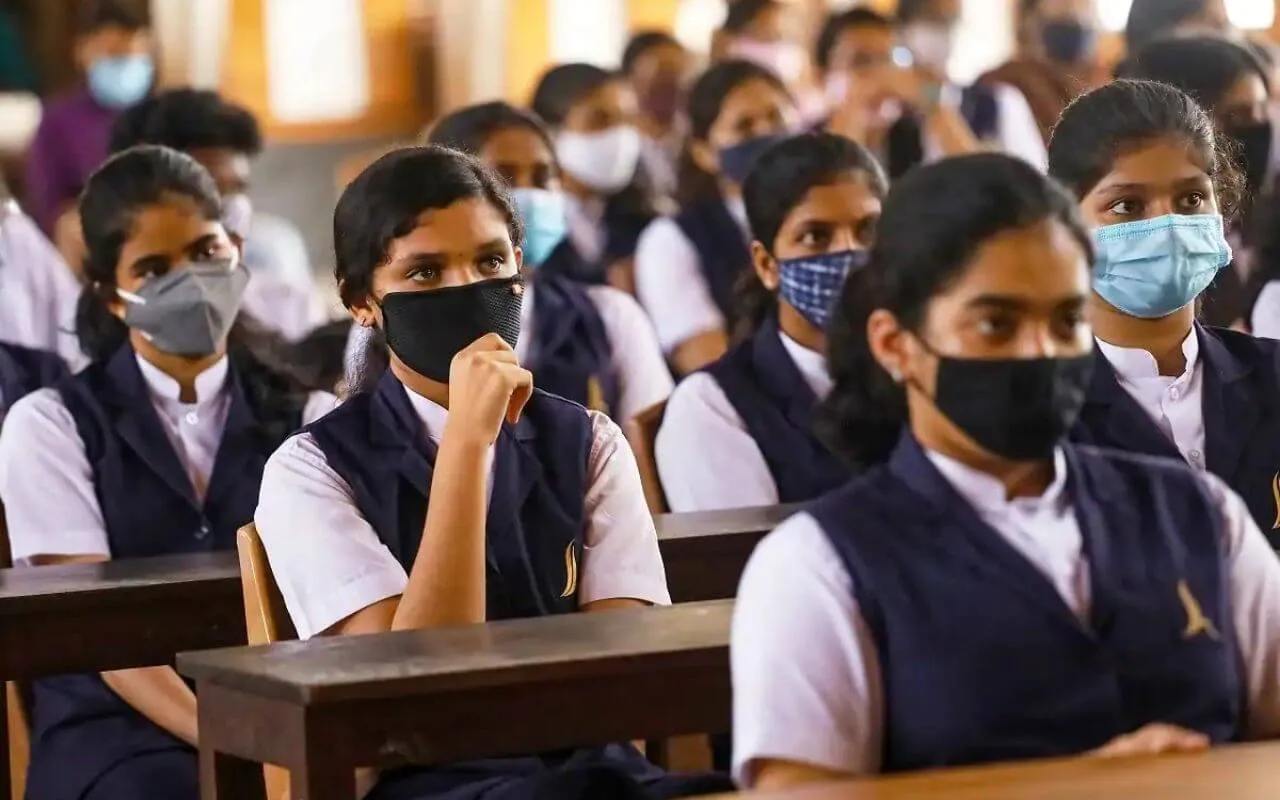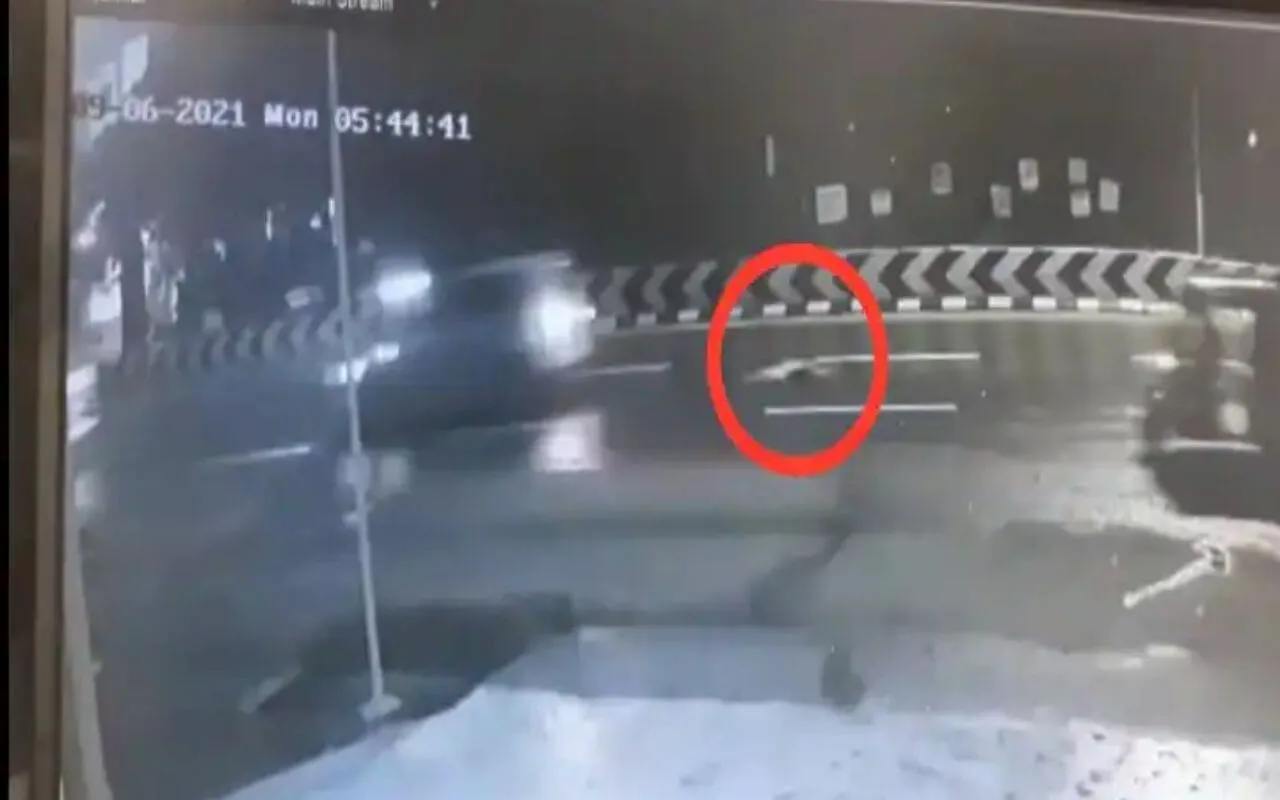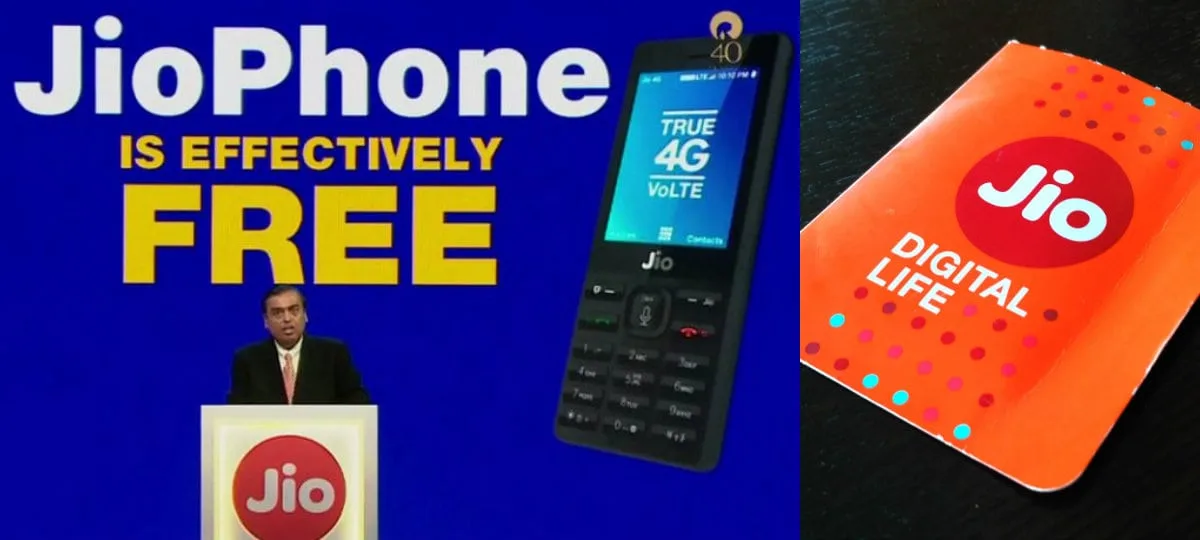A virtual inauguration function was conducted to mark the live streaming Gujarat HC proceedings on Saturday, July 17. The Gujarat HC becomes the first High Court in the country to broadcast its proceedings live. The CJI NV Ramana, speaking at the launch, expressed his keenness to follow suit in the SC and told the media that he was working out the logistics for the same.
Justice D Y Chandrachud who is chairman of the SC e-committee also addressed the virtual inauguration function. In the Swapnil Tripathi v Supreme Court of India judgement in 2018, the SC declared that much like other countries, there should be more transparency in the manner in which court proceedings are conducted in India.
With that, the order was given to Livestream the proceedings. In the words of SC CJI NV Ramana, this is set to “demystify” the justice delivery system.
Following this landmark move in the history of the Indian judiciary, let us take a look at some more of the most noteworthy judgements by the Hon’ble Supreme Court of India that promised to change paradigms, establishing a more just society…
Live-Streaming of Court Proceedings
India, despite its wholesome and progressive constitution, stood alone amongst leading constitutional democracies in not maintaining audio or video recordings or even a transcript of court proceedings. This changed when in July, 2018 the apex court called it the “need of the hour”, saying it was open to live-streaming as this would result in increased access to justice.
The SC ordered for a plan to be made and put in action on a pilot basis in one court. Following this, the Gujarat HC became the first to take steps towards live-streaming its proceedings in October last year.
End of VIP Culture: No More Beacon Flights For Netas
It had been a trademark image of politicians to impose their clout on the masses, roaming around in their vehicles with the beacon turned on. Many times, these would even make sirens like that of ambulances or police vans. For a long time, this assumed VIP status of politicians had been causing inconveniences to people.
The issues were taken up first by the SC which passed this judgement in 2013, and although it had been lying around with no action, finally, on May 1, 2017, the Modi government decided to make the change in rule 108 of the Central Motor Vehicle Rules, 1989, and ban lal battis for good.
Although a small step, it may be a beacon (pun intended) for change, as this has at least in some way reduced the sense of influence and privilege thrown about by the Netas.
Allowing Entry of Women of Menstrual Age Into Sabarimala Temple
In this 2018 judgement, the SC stated, “Devotion cannot be subjected to gender discrimination”. With this, the ban on women aged 10-50 years from entering Kerala’s famous Sabarimala temple, was lifted. In the five-judge bench that ruled over this issue, only one out of the 5 dissented against the judgement.
Chief Justice Dipak Misra, Justice AM Khanwilkar, Justices Rohinton F Nariman and Dhananjaya Y Chandrachud concurred with each other while Indu Malhotra disagreed saying that courts shouldn’t determine which religious practices should be struck down or not.
Since the judgement, there have been many attempts by women to venture into the temple. Although the local authorities have disputed and created chaos, even resorting to physical barriers, it is of some consolation to know that at least these acts of discrimination are condemned by law.
Instant Triple Talaq Declared Unconstitutional
The triple talaq, considered a Draconian law, has been done away with even in most of Islamic nations. It came as a shame then that India, which was the first country to provide voting rights and promise equality to all genders right from the inception of its constitution, was still lagging behind in taking a firm stand on this matter.
In its 2018 judgements, the SC ruled against this law in a 3:2 split judgement. The 2 dissenting judges were of the opinion that the matter should be handed over to be legislated upon by the Parliament. While there were several factions that disapproved of the law, most others including the All India Muslim Personal Law Board (AIMPLB), represented by Kapil Sibal, welcomed the judgement.
Section 377
Early September of 2018 saw rainbow blooming across the country as the SC in a historic judgement, decriminalized same-sex relationships by partly razing down Section 377 of the Indian Penal Code (IPC). It declared that the rule was in violation of the fundamental rights of Indian citizens.
However, the Supreme Court said that Section 377 would continue to be in force in cases of unnatural sex with animals and children. Any kind of sexual activity with animals and children remains a penal offence.
The Supreme Court held that Section 377 of IPC was a weapon to harass members of the LGBTQ-plus community resulting in discrimination against them. Although this is a major landmark for Indian law as well as for the LGBTQIA+ community, there is a long way to go for the former, and many struggles awaiting the latter.
Although same-sex relationships stand decriminalised, there are still many more pertinent issues that the community need to rule over, for instance, provisions for marriage, adoption, health benefits, employment and so on.
Recognition of The Third Gender
“It is the right of every human being to choose their gender,” said the SC while passing this judgement in 2014 which recognized third gender individuals in the state of India. This meant making it mandatory to provide for them in all government and legal documentations, forms and consider making provisions for their well-being.
The transgender community is one of the most heavily stigmatised in the country. Despite several “progressive” movies and documentaries being made on the topic, they still continue to live on the fringes of society, under very poor conditions. With this judgement, the SC ordered for the community to be provided with government jobs and quotas such as with other minorities.
A beacon of hope, may this be a precedent to more holistic laws and provision for them in areas such as healthcare, housing, adoption and marriage.
Sex With Minor Girl Declared Rape Despite Consent
The Child Marriage Restraint Act, 1929 makes the social evil of child marriage illegal in our country. But it still comes as a shock that approximately one in four young women in India were married or in union before their 18th birthday. One in three of the world’s child brides live in India. Of the country’s 223 million child brides, 102 million were married before turning 15.
There is much social action and reformation needed to fight this evil, however, a minor ray of hope came forth in 2017 when the SC declared that sex with a minor girl will be considered rape, even if consent was given. This gives child brides an opportunity to make their case stronger and fight for justice.

